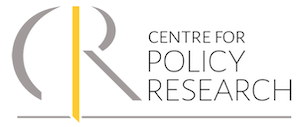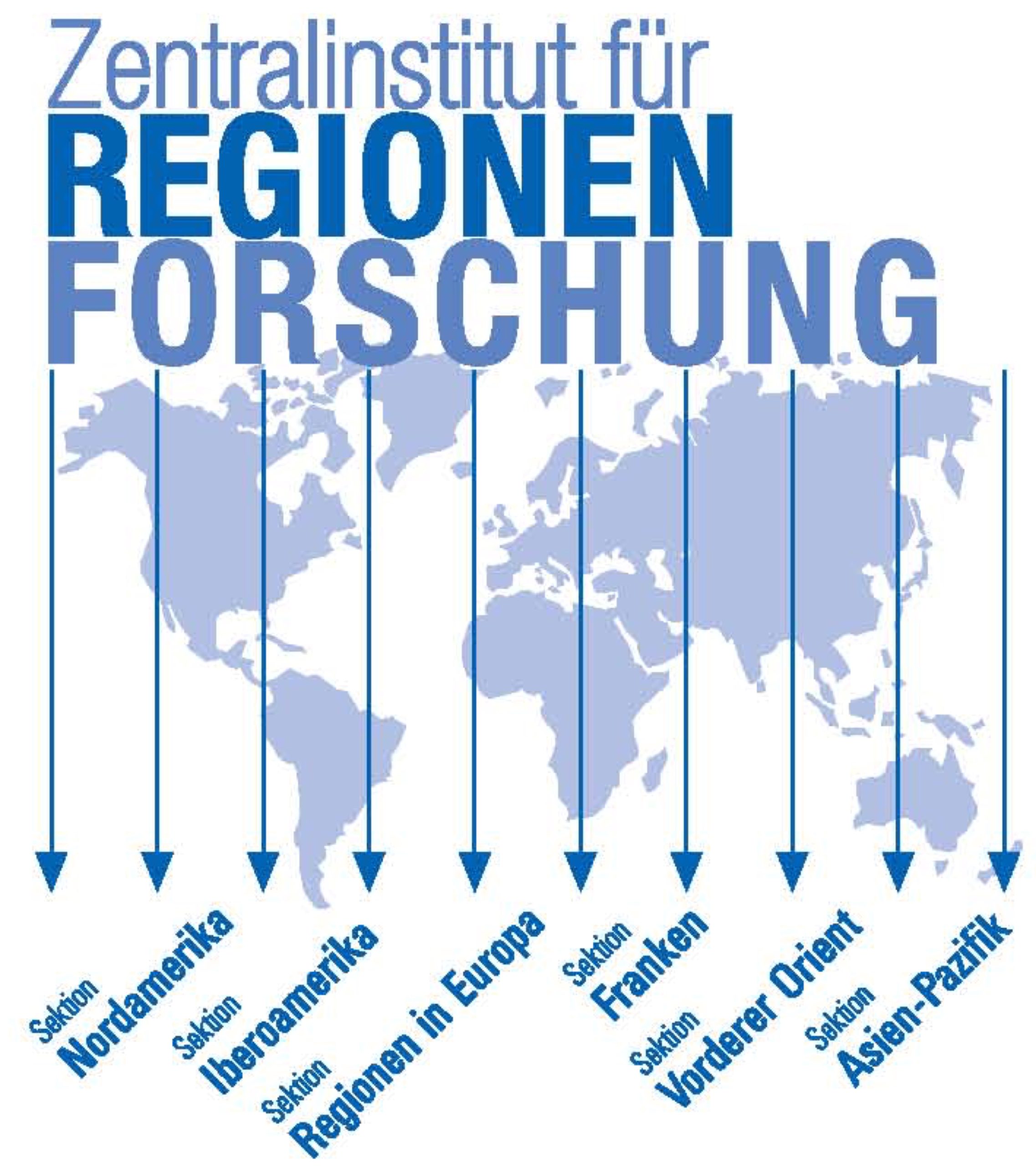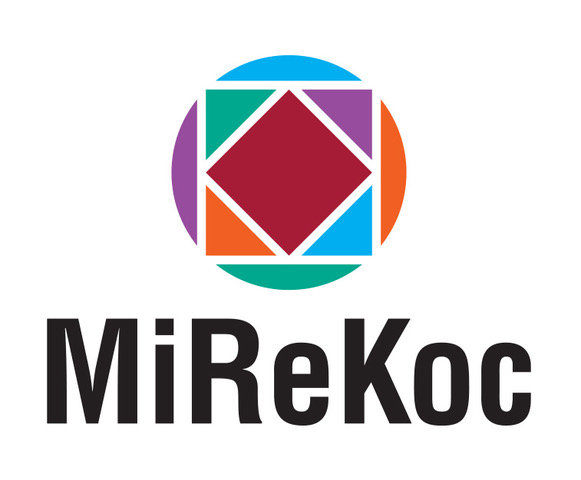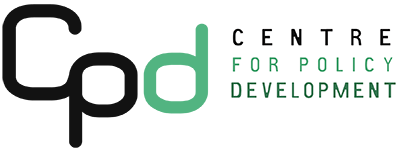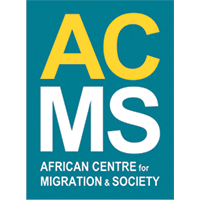Mobility and Urban Governance
Migration within and across international borders is a story that plays out in the world’s cities. Urban governance and local processes, formal and informal, through which migration is regulated are increasingly shaping human mobility prospects. Municipal authorities, non-state actors and civil society therefore play active roles in the development of urban migration policies as they relate to broader local economic development, regularization of informal labor and provision of education, health, housing and urban services.
Publications

Becoming Urban Humanitarians. Engaging Local Government to Protect Displaced People
Ben Edwards, Loren B. Landau, Jean Pierre Misago, David Obot, and Caroline Wanjiku-Kihato.
Urban Institute Research Report, August 2016, 35

More Inclusive Cities in East Africa: Working with Politics and Informality
Lucy Earle
Briefing, February 2020

A Chronotope of Containment Development: Europe’s Migrant Crisis and Africa’s Reterritorialisation
Loren B. Landau
Antipode 51, no. 1 (2019): 169–86

Displacement and the Pursuit of Urban Protection: Forced Migration, Fluidity and Global Cities
Loren B. Landau
In Forced Migration: Current Issues and Debates, edited by Alice Bloch and Giorgia Donà. London: Routledge, 2017

Southern Urbanism, Legalization, and the Limits of Migration Law
Loren B. Landau
AJIL Unbound 111 (2017): 165–71.

Temporality, Informality, and Translocality in Africa’s Urban Archipelagos
Loren B. Landau
Antipode 51, no. 1 (2019): 169–86.

Misreading Mobility? Bureaucratic Politics and Blindness in UN Migration Reports.
Loren B. Landau and E. Tendayi Achiume


